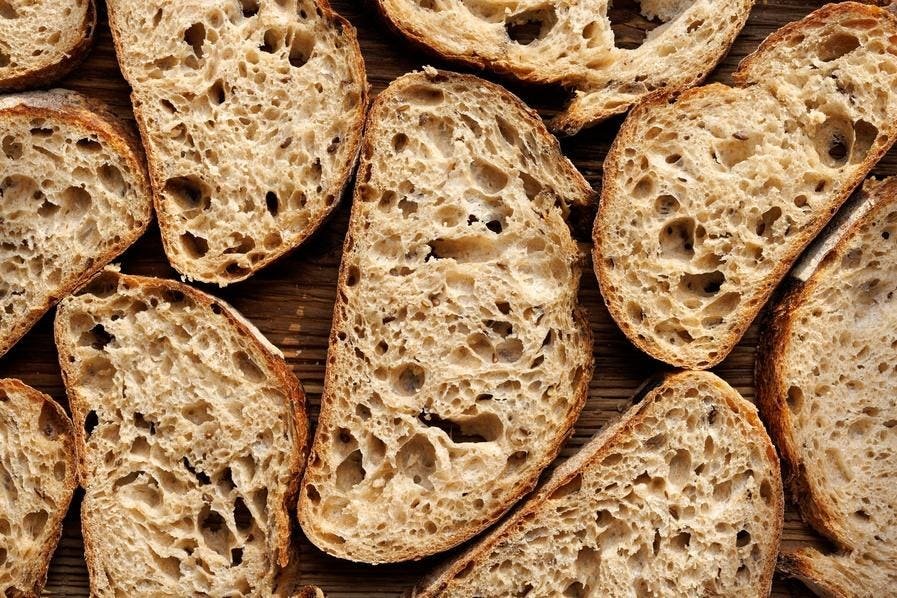There is currently a bread recall due to the presence of glass fragments found on the top of the … More
This incident can be termed a “glass act.” The U.S. Food and Drug Administration has announced a bread recall due to the discovery of glass fragments on the bread’s surface. Upper Crust Crest Hill Bakery is taking voluntary action to recall over 800 cases of its bread.
Bread Recall Impacts Over 800 Cases
This recall involves a significant quantity of bread, totaling three different lots. Specifically, Lot #90 of Ancient Grains Hoagie Rolls, comprising 89 cases, Lot #90 of Multigrain Sourdough bread, involving 699 cases, and Lot #92 of Whole Grain Multigrain bread, with 30 cases affected. The recalled bread was initially sold frozen in paper cartons.
If you have recently purchased bread, it is crucial to promptly check the packaging. If you identify packaging code CP45 on the four-ounce container of Upper Crust Bakery Ancient Grains Hoagie Roll, CP12 on the 18-ounce container of Multigrain Sourdough, or CP12 on the 20-ounce container of Whole Grain Multigrain varieties, refrain from consuming the bread. Instead, dispose of it or return it for a refund.
The recall, initiated on April 12, impacts six states: Pennsylvania, California, Connecticut, Maryland, Delaware, and Ohio. While Upper Crust Crest Hill Bakery is located in Maryland, consumers in other states are advised to check their bread products as well, considering the interstate distribution of bread.
The FDA’s recall notice did not specify the size of the glass fragments, the quantity of glass found, or the exact number of affected bread packages. Typically, in cases of food contamination, manufacturers recall entire lots as a precautionary measure.
Steps to Take If Glass is Ingested
Ingesting glass is hazardous and can cause severe harm to the gastrointestinal tract. The sharpness, shape, and size of glass fragments determine the extent of damage. While smaller, dull fragments may pass through the GI tract without issue, larger or sharper pieces can result in cuts, bleeding, obstructions, and infections. If you suspect glass ingestion, contact a healthcare provider immediately and monitor for symptoms such as chest or abdominal pain, bloating, fever, blood in stool, or coughing up blood.
It is essential to describe the glass fragments to your doctor accurately, as the type and size of the glass can impact the necessary medical intervention. Given recent reductions in FDA staff and resources, there may be concerns regarding food safety oversight and inspection efficacy. To mitigate risks, inspect food thoroughly before consumption for any signs of contamination or foreign objects.


